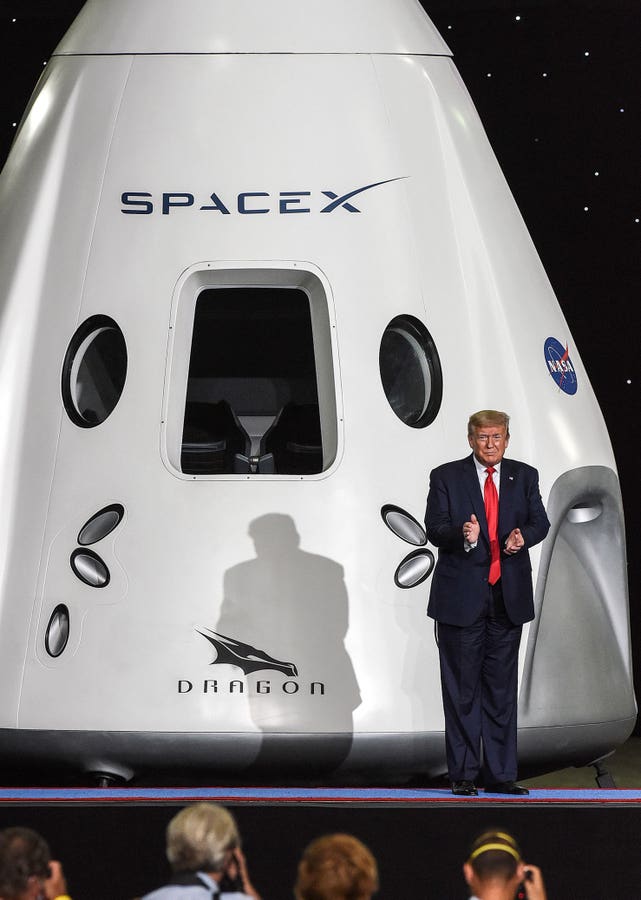The recent flurry of visits by tech CEOs to President-elect Donald Trump’s Mar-a-Lago resort underscores the complex and evolving relationship between the tech industry and the incoming administration. While the specifics of these private meetings remain largely undisclosed, the convergence of these industry titans with the president-elect suggests a shared interest in shaping the future of technology policy. The backdrop of a rapidly evolving technological landscape, marked by advancements in artificial intelligence, data center expansion, and global competition, provides context for the likely topics of discussion.
Several key areas likely dominated the conversations between Trump and the tech leaders. The burgeoning field of artificial intelligence, with its implications for economic growth, national security, and ethical considerations, undoubtedly featured prominently. The expansion of data centers, essential for supporting the growth of AI and other data-intensive technologies, presents both opportunities and challenges, including the need for substantial increases in energy consumption. The issue of intellectual property protection, particularly in relation to China, is another area of mutual concern. US companies have long grappled with intellectual property theft and cybersecurity breaches, prompting a reassessment of manufacturing strategies and supply chain vulnerabilities.
Furthermore, the regulatory landscape surrounding AI is a critical area where the tech industry seeks clarity and guidance. With numerous ongoing lawsuits related to AI and copyright issues, and a lack of comprehensive federal and state legislation, the industry is navigating a complex and uncertain legal environment. The CEOs likely advocated for a regulatory framework that fosters innovation while addressing ethical concerns and protecting intellectual property. The potential repeal of the CHIPS Act, a bipartisan effort to bolster domestic semiconductor production, likely also surfaced in discussions. The act aims to reduce reliance on foreign chip manufacturers, particularly in Taiwan, given the geopolitical risks associated with potential conflict in the region.
Trump’s return to the presidency marks a significant shift in the political landscape, and his approach to technology policy during his second term is expected to differ significantly from his first. His current high approval ratings and recent recognition as TIME Magazine’s Person of the Year suggest a renewed mandate, but the long-term sustainability of this support remains to be seen. The tech industry, recognizing the potential for influence, is actively engaging with the incoming administration to shape policy decisions that will impact their businesses and the broader technological landscape.
The evolving nature of AI technology presents both opportunities and challenges for the Trump administration. The focus on deregulation and global competitiveness could drive innovation, but ethical considerations and safeguards must not be overlooked. The growing influence of figures like Elon Musk and David Sacks, prominent voices in the tech and AI communities, underscores the increasing role of the private sector in shaping the future of AI. The next four years present a crucial window for the US to establish its leadership in AI, balancing progress with ethical development and responsible implementation.
The meetings between Trump and tech CEOs signify the beginning of a complex dance between the incoming administration and the tech industry. The discussions likely covered a wide range of topics, from AI regulation and data center expansion to intellectual property protection and the future of semiconductor manufacturing. The tech industry, recognizing the importance of engaging with the new administration, is actively seeking to shape policy decisions that will impact their businesses and the broader technological landscape. The coming years will reveal how this relationship evolves and the ultimate impact on the future of technology in the United States. The stakes are high, with the potential for significant advancements in AI, economic growth, and national security, but also the risk of ethical lapses and unintended consequences. The collaboration between the public and private sectors will be crucial in navigating this complex terrain and ensuring that technological progress serves the best interests of society.



